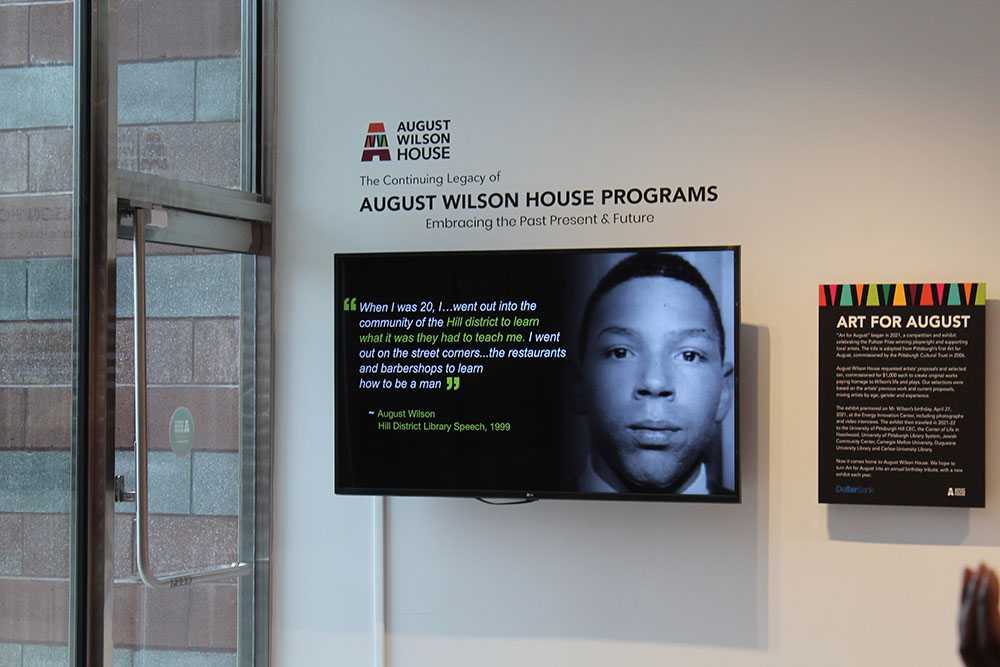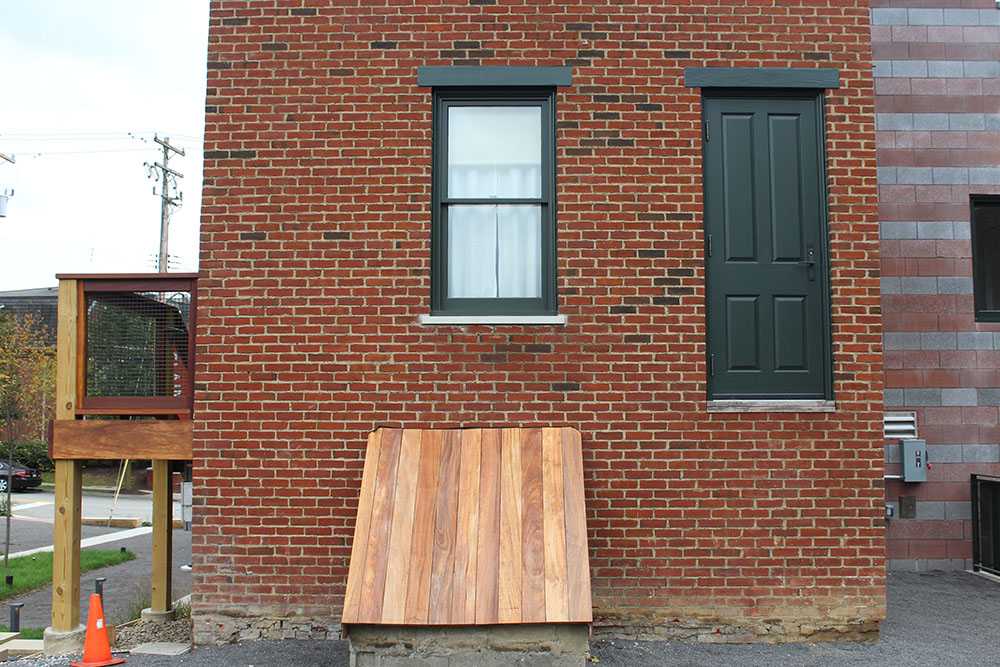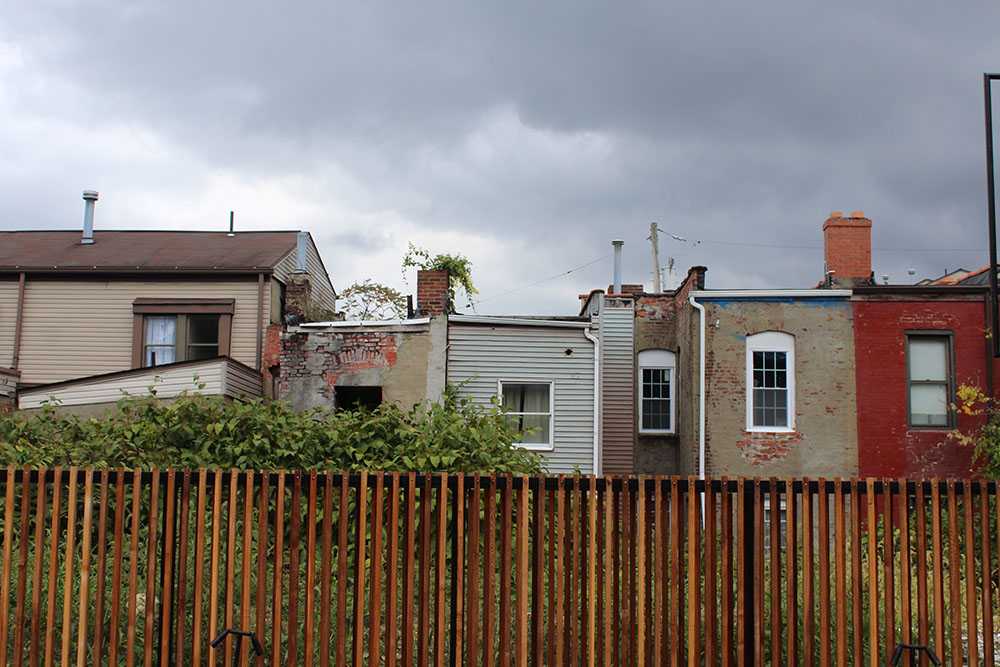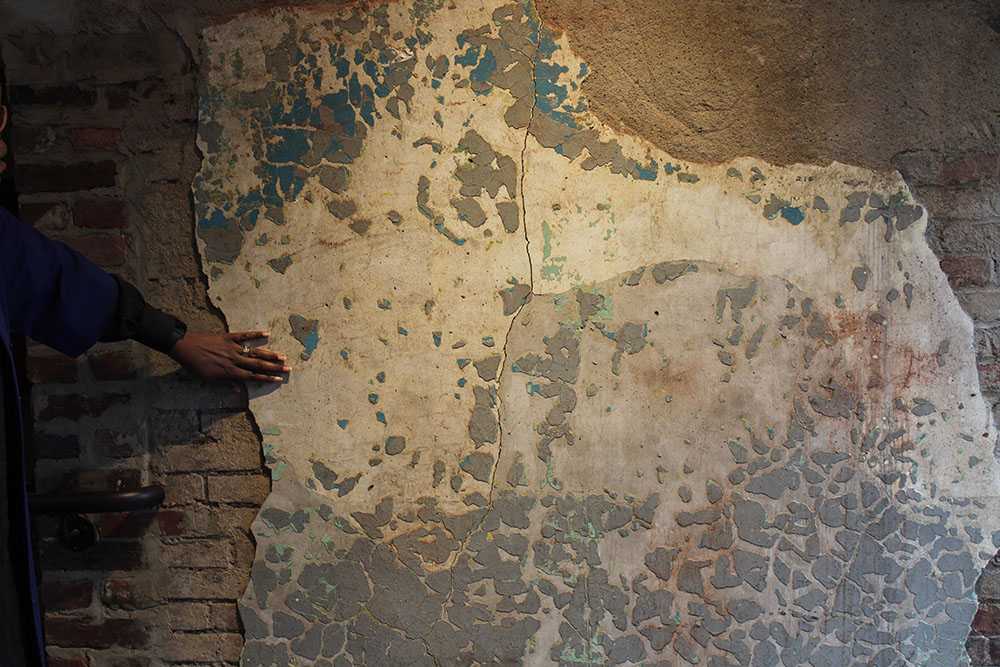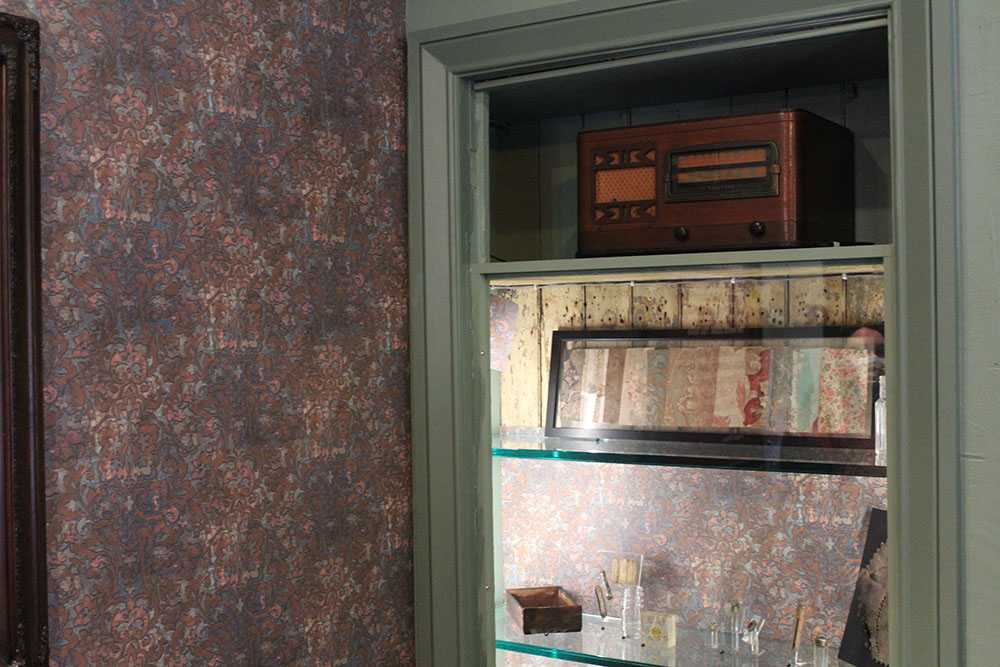Secret Pittsburgh
Renewal Without Displacement in the Hill District
By Olivia Glacken
1727 Bedford Avenue is looking a bit different these days! What was previously the childhood home of American playwright August Wilson is now a cultural hub for members of Pittsburgh’s Hill District community. Born in 1945, Wilson spent his first thirteen years in a small upstairs apartment in the multifamily home with his mother and five siblings. Later, this community would become the backdrop for his Pulitzer Prize winning series of ten plays called The American Century Cycle. Following Wilson’s death in 2008, a variety of foundations and personal donations provided the means to give 1727 Bedford Avenue the restoration it desperately needed to reflect its rich history (August Wilson House). Unfortunately, the same cannot be said about the surrounding community. The Hill District has a long and complicated past with redevelopment; a recurring theme in Wilson’s Century Cycle. While the lasting effects of the historical displacement and disregard of Black community members remain, The August Wilson House hopes to carry on Wilson’s legacy, celebrate culture, and elevate Black artists and scholars beyond the Hill District.
Visitors to the Hill District landmark can walk up the same preserved narrow brick path that Wilson used as a child to enter his family’s apartment at the back of the house. The renovated interior of the home is a beautiful blend of original detailing and modern accommodations. Although Wilson did not want the home turned into a museum, the two upstairs rooms have been closely restored to how they appeared during his childhood. Here, you can find original creaking hardwood floors, scraps of many different wallpaper layers uncovered during the renovation, and a variety of bottles and other miscellaneous items found in the yard on display. In an effort to honor Wilson’s wishes, the entire downstairs of the facility is a dedicated space to hosting creative workshops, community events, and even play reenactments (August Wilson House). This renovation would not have been possible without the efforts of several celebrities like Denzel Washington and Oprah Winfrey. However, the rest of the Hill district has not been so fortunate. Dating back to the 1960s, the Hill District has been subject to several major urban renewal projects. While the aim of gentrification undertakings such as these is often to increase quality of living for communities, there was clearly a sacrifice made that did not benefit those who called the Lower Hill district home. As a result of these projects, thousands of residents were displaced and hundreds of homes and businesses were razed. The Hill district, once a flourishing epicenter of Black culture, was disregarded entirely in an alleged effort to improve the city.
While this lavish renovation may seem like a form of modern-day gentrification, Dr. Ervin Dyer of the August Wilson House Board of Directors points out that progress does not always equate to displacement. The August Wilson House serves to increase benefits and opportunities for residents of the Hill District, specifically students and creators. (August Wilson House) The space is functional, interpretive, and reflective of the rich culture of Black arts and aesthetics. Through the establishment of programs related to the house, like the August Wilson Visiting Fellowships, participants are "provided immersive work, research, and community exchange opportunities in return for partnering with Hill District organizations and Pittsburgh arts groups and universities” (August Wilson House). Not only does the August Wilson House hope to memorialize the late playwright, but more importantly nurture the Hill District community and those inspired by his work in order to perpetuate his legacy.
Dr. Dyer specifies that despite intense funding, the renovated August Wilson House is designed to give back to residents, not drive them away. Throughout his Century Cycle plays, Wilson demonstrated his disapproval of the Hill District renewal attempts that ousted so many residents and businesses in the 20th century. In his play, Two Trains Running, Pittsburgh restaurant owner Memphis Lee combats eminent domain policies in an effort to obtain proper compensation for his building (Wilson). Despite the diner being his entire source of income, the city initially refused to pay him more than $15,000 to raze the property. In the end, Memphis manages to contrive $35,000 from the city and heads south (Wilson). Unfortunately Memphis’s experience was not unique, as a disproportionate number of Black residents were displaced from the area in the 1950’s and 1960’s. Today, gentrification throughout the city of Pittsburgh wields the same threat to community members. This is where the renovated August Wilson House steps in to encourage, elevate, and celebrate the people who call this community home, just as Wilson himself would have wanted (Dyer). Through his work, Wilson shed light on both the discriminatory nature of redevelopment policies and the resilience of the affected Black community in the Hill District he called home in his formative years.
Complete with a large outdoor performance space and indoor workshop area, the August Wilson House has certainly fulfilled Wilson’s request that the preservation of his childhood home be “useful” (August Wilson House). This utility extends beyond the physical house and into the community “as a catalyst in the Hill’s re-emergence, linking with other Hill institutions (some being restored themselves) into a network of revival” (August Wilson House). With the benefit of Hill District residents, artists, scholars, and the black community in general at the heart of the August Wilson House’s mission, we will surely witness a rendition of renewal without displacement, but rather inclusivity.
Works Cited
August Wilson House, https://augustwilsonhouse.org/index.html.
Dyer, Ervin. Personal interview. August Wilson House. 7 October 2022.
Wilson, August. Two Trains Running. Penguin Books, 1993.
